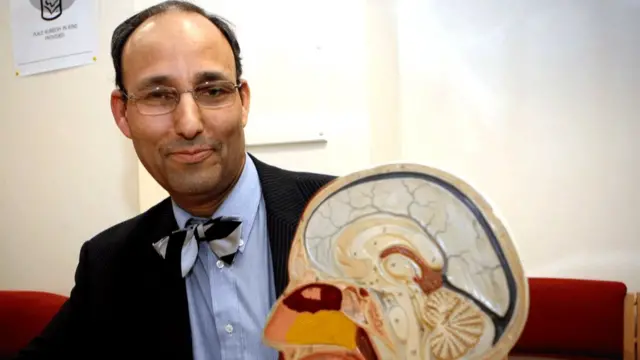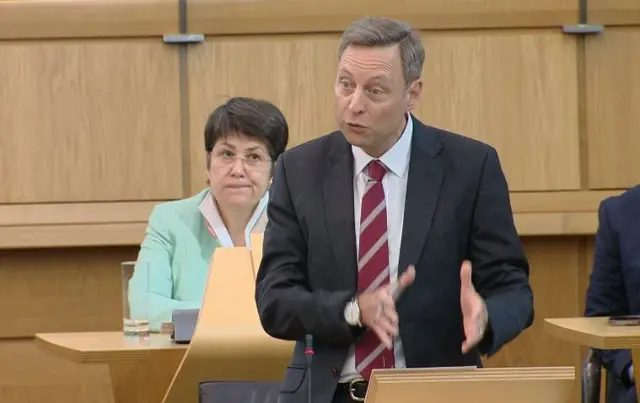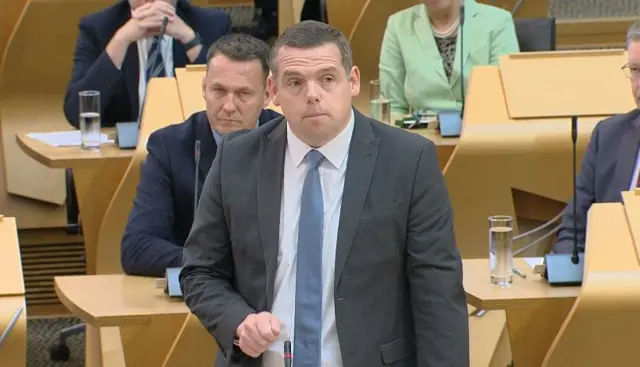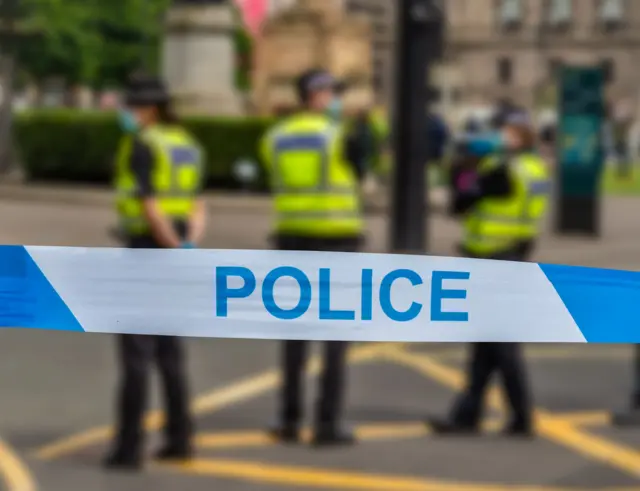FMQs: The headlinespublished at 13:18 BST 7 September 2023
That concludes our live coverage of the new look FMQs.
If you're just joining us or need a recap here are the main headlines from the session:
- Scottish Tory leader Douglas Ross wanted to know which crimes the police will not investigate, citing the pilot in the North-East
- The first minister argued the pilot was "a proportionate approach to tackling crime"
- Scottish Labour leader Anas Sarwar wanted to know when a list of the schools with reinforced autoclaved aerated concrete (RAAC) would be published
- Humza Yousaf told the chamber 40 schools in Scotland have now been identified with this type of concrete in them
- The first minister confirmed a "full independent public inquiry" will be held into Professor Eljamel's time at NHS Tayside
Thank you for joining us. The editor was Calum Watson. The writers were Craig Hutchison, Steven Brocklehurst and Ashleigh Keenan-Bryce.





